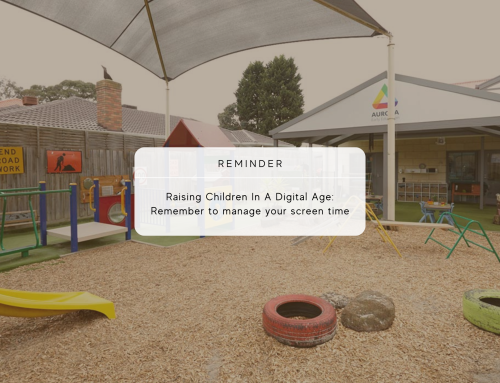Self-esteem is a key to healthy living and personal wellbeing. It can be defined as an opinion of ourselves, or perception of our value as a person in regards to our work or life in general. Children who have high self-esteem are confident, more happy, have positive mindset, are better able to cope with mistakes or failure and more likely to try their best.
Benefits of healthy self-esteem
Self-esteem can start in babyhood and develop over time. In fact, self-esteem can help a child transit to adulthood and navigate smoothly in the demanding and ever-changing world, irrespective of various challenges they might encounter through their journey. They will empathize with others and respect their opinions. Self-esteem helps imbibe the values of consideration, compassion, decisiveness, helpfulness and altruism.
People with high self-esteem are optimistic, confident, admit mistakes, know how to deal with failures, empower others and can turn mistakes into opportunities.
Having said that, it is important for us to comprehend that every child is different and some may have low self-esteem. The situations or the challenges they encounter in routine life can lower their self-esteem. However, even if your child suffers from low self-esteem, it can be raised! Adults can play a defining role in developing self-esteem in children.
Here are certain things that you can do to develop self-esteem in your children and make them feel good about themselves.
7 Ways to build self-esteem in children
1. Express appreciation
Appreciate your children for their individual specialness and tell them you value him or her. Every child is unique and special so avoid comparing your children with others. You should also refrain from overpraising or praising them for results. Instead, praise them for their efforts and attitude.
For example, if your child has not performed well in a race and he is feeling upset about it, then you can simply tell him it wasn’t his best game today and that with little efforts he will be back in the game. This will motivate your child to feel good about himself, and work towards his goals.
2. Empathize with your children
Never dismiss your children’s feelings, opinions or ideas as it can make them feel invalidated. Try to think from their perspective. Avoid giving harsh criticism. When kids hear negative messages, it hampers their self-esteem. Use positive, even tone and treat them with respect and politeness. If you need to correct them, do it with patience. It will make your child feel assured, heard and understood.
3. Spend time doing activities with your children
Create a ritual for you and your child daily like reading a book with her at the nighttime, playing soccer, eating meals together or anything. Turn off technology when you spend time with your children. This daily connect-time will help develop meaningful connections with them and reinforce positive behavior.
4. Encourage imaginative thinking
Encouraging imaginative thinking in children can help develop various skills in children, which eventually boosts their self-esteem. Give them plenty of opportunities to play, away from screens and formal learning. For example, provide them some open-ended materials and let them come up with their own creative things. Free play offers opportunities to apply their imagination to build and problem-solve while imbibing in them the importance of team spirit.
5. Engage them in some everyday practical things
Encourage your children to do things they are capable of doing such as dressing up, arranging books, organizing toys after a play, watering plants etc. A toddler can learn to cut a banana with a blunt knife. You can also consider taking them out for camping, fruit picking or bushwalking. Activities as these will help children empower themselves, develop confidence and connect with the outer world.
6. Teach them to care for and take responsibility
Encourage children to take care of their bodily and emotional health by imbibing in them the importance of healthy eating habits, sleeping early, maintaining personal hygiene, respecting others etc. Developing healthy, helping and kind acts can greatly improve their behavior and build their self-esteem.
7. Practice mindfulness
Consider practicing any mindfulness activity with your children at a specific time daily for at least five minutes. It will help soothe their minds, deal with stress and make them resilient and optimistic. You will find your children have become more joyful, confident and focused.
At Aurora Early Education, we deliver stimulating learning experiences that enable young children to blossom towards their potential. Our qualified and dedicated staff continually plan a broad range of activities for children to let them explore, develop skills and gain a greater understanding of the world around them.
Have a trip to our centres:





